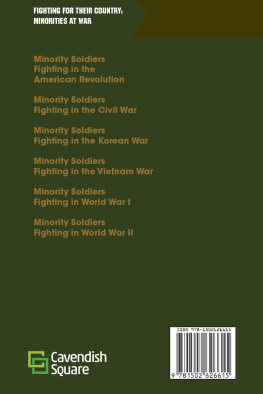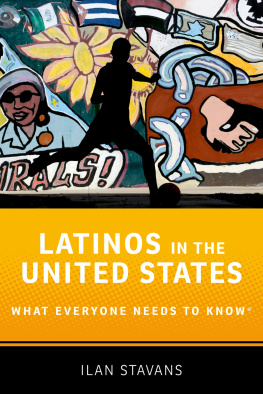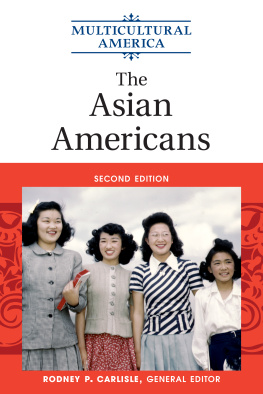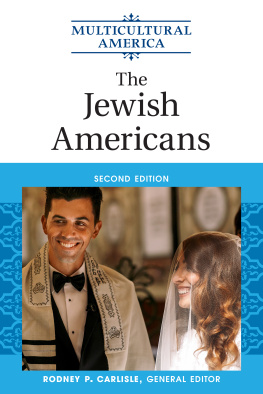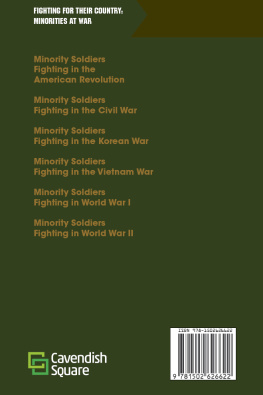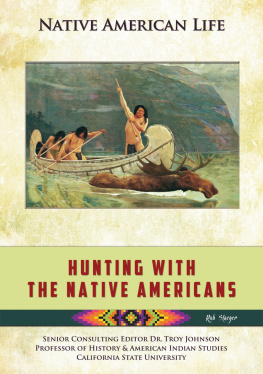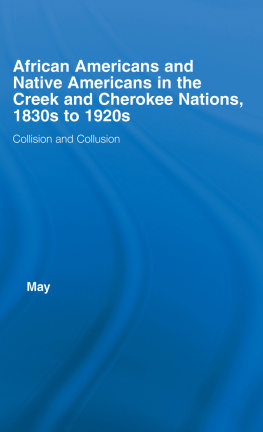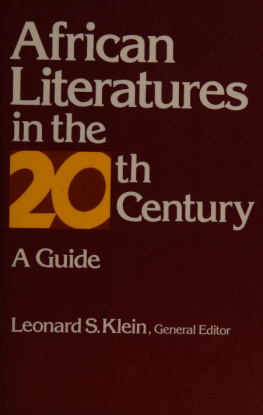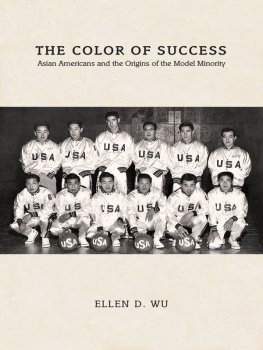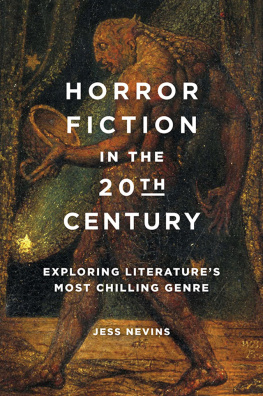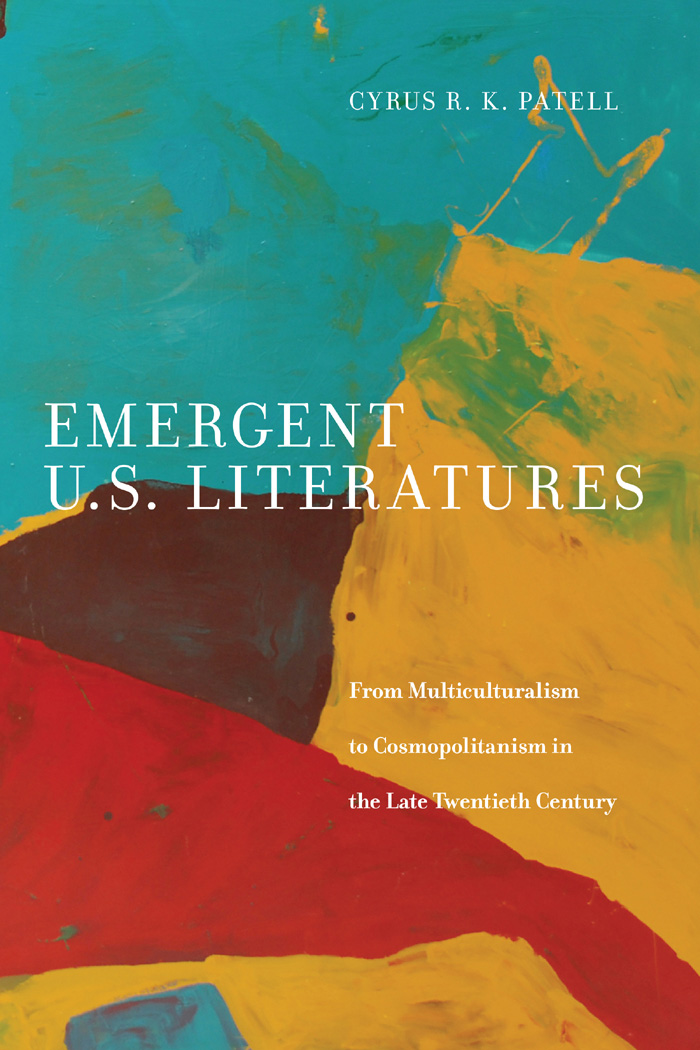EMERGENT U.S. LITERATURES
Emergent U.S. Literatures
From Multiculturalism to Cosmopolitanism in the Late
Twentieth Century
Cyrus R. K. Patell

NEW YORK UNIVERSITY PRESS
New York and London
NEW YORK UNIVERSITY PRESS
New York and London
www.nyupress.org
2014 by New York University
All rights reserved
References to Internet websites (URLs) were accurate at the time of writing.
Neither the author nor New York University Press is responsible for URLs that may have expired or changed since the manuscript was prepared.
LIBRARY OF CONGRESS CATALOGING-IN-PUBLICATION DATA
Patell, Cyrus R. K.
Emergent U.S. literatures : from multiculturalism to cosmopolitanism in the late twentieth century / Cyrus Patell.
pages cm
Includes bibliographical references and index.
ISBN 978-1-4798-9372-0 (hardback) -- ISBN 978-1-4798-7338-8 (pb)
1. American literature--Minority authors--History and criticism. 2. American literature--20th century--History and criticism. 3. Multiculturalism in literature. 4. Cosmopolitanism in literature. I. Title.
PS153.M56P38 2014
810.9920693--dc23
2014020830
New York University Press books are printed on acid-free paper, and their binding materials are chosen for strength and durability. We strive to use environmentally responsible suppliers and materials to the greatest extent possible in publishing our books.
Manufactured in the United States of America
10 9 8 7 6 5 4 3 2 1
Also available as an ebook
CONTENTS
ACKNOWLEDGMENTS
This book has its origins in my contribution to the Cambridge History of American Literature, Volume Eight: Prose, 19401990, which was edited by Sacvan Bercovitch and published in 1999. I am grateful to Saki for his years of mentoring and friendship, and particularly for inviting me to participate in the Cambridge History project, first as the Associate Editor for volumes one and two, then as a contributor to volume seven. For that, and for countless other moments of scholarly inspiration, I will always be in his debt.
My interest in the dynamics of emergent literatures began to take shape during my tenure as Presidents Postdoctoral Fellow at the University of California at Berkeley from 1991 to 1993. I am grateful both to the UC Presidents Office and to the Department of English at Berkeley for providing me with the resources necessary to begin the research published here. I am also grateful for grants from New York Universitys Research Challenge Fund and the Stein Fund of the NYU English Department.
I am deeply grateful to Eric Zinner, my editor at New York University Press, for believing that my account of late twentieth-century emergent U.S. literatures could emerge from the cocoon of the Cambridge History transformed into something that could take flight on its own and for sticking with the project through three rounds of revision. I also owe a debt of gratitude to Amritjit Singh and three additional, anonymous readers who critiqued the manuscript for NYU Press at different stages. The suggestions made by Eric and the readers enabled me to improve the book and sharpen its argument in ways that I could not have foreseen.
I owe thanks to three research assistants, Amanda Rowell, Lindsay Reckson, and Allison Green, who spent time helping me to refine different aspects of the project. Over the years, colleagues and friends generously took time out to read portions of the manuscript and offered suggestions that have proved to be invaluable. I want to cite, particularly, Nancy Bentley, Kyung-Sook Boo, Andrew Brown, T. Susan Chang, Una Chaudhuri, Elizabeth Fowler, Julie Greenblatt, Josephine Hendin, Suzanne Keen, Ellyn Lem, Shireen Patell, Ray Ryan, Anne Sanow, Karen Skinazi, Werner Sollors, and Blakey Vermeule.
Two of my colleagues in the NYU English Department have been particularly inspirationalPhilip Brian Harper and Bryan Watermanand I thank them for the collegiality, brilliant ideas, and good cheer that they have shared with me over the years.
At NYU Abu Dhabi, my colleagues and students have helped me to understand cosmopolitanismand its crucial importance for the future of our global civilizationin ways that I could not have imagined when New York was the primary point of reference for my professional life. I am particularly grateful for the friendship of Shamoon Zamir, who has helped me to rekindle my love of classic literature of all kinds.
I am fortunate to have had inspirational teachers at every stage of my life. I thank Mary Evelyn Bruce, Thomas Squire, Jane Mallison, Gregory Lombardo, Gilbert Smith, Donald Hull, John V. Kelleher, Warner Berthoff, Saki Bercovitch, Leo Marx, Werner Sollors, and Philip Fisher for schooling me in the joys of learning and scholarship.
Special thanks are due to my friends Rosa Choi and Wasel Safwan Choi, who exemplify the kind of boundary-crossing I describe in my first chapter. Im glad to have a painting by Wasel on the front cover of the book.
Completing this project would not have been possible without the love and guidance of my wife and colleague, Deborah Lindsay Williams, my sine qua non. She has read drafts of this manuscript more times than either of us can count. Without her belief in its importance, I surely would not have had the fortitude to put it through all those rounds of revision.
I dedicated my contribution to the Cambridge History of American Literature to my late grandmother Francisca D. Raa, who emigrated to the United States from the Philippines in 1971 and who became an American citizen twenty-five years later at the age of ninety-two. She lived for just over a century, and I was privileged to be able to celebrate her hundredth birthday with her.
I dedicate the present book to my parents and to my children. My late mother, Estrella Patell, and my father, Rusi Patell, instilled in me the importance of education at an early age and sacrificed much to provide me with the best education imaginable. I can think of no greater legacy to pass on to my sons, Liam and Caleb, than the love of learning that was my parents enduring gift to me.
Introduction
Theorizing the Emergent
When I was growing up, strangers would ask me, Where are you from? and Id say, New York or the Upper West Side. Theyd look vaguely disappointed: No, I meant whats your background. I wasnt really being disingenuous, though I was well aware what the first question really meant. Its just that I never particularly identified with either of my parents cultural traditions. My father is a Parsee, born in Karachi, when Karachi was a part of India, and my late mother was a Filipino. They had met at the International House at Columbia University, my father coming from Pakistan to study mathematical statistics, my mother from the Philippines to study literature and drama. We spoke English at home, and my parents had gradually lost their fluency in their mother tongues (Gujarati and Tagalog, respectively). What I identified with was being mixed and being able to slip from one cultural context to another. To my Parsee relatives, I looked Filipino; to my Filipino relatives, I looked bumbai; and to my classmateswell, on the rare occasions when someone wanted to launch a racial slur, the result was usually a lame attempt to insult me as if I were Puerto Rican.
We werent particularly religious at home, though we did celebrate Christmas and made it a point to attend the Christmas Eve services at Riverside Church in New York, a few blocks up the street from where we lived. My mother sometimes liked to attend Easter services there as well. It was always assumed that I would become a Zoroastrian like my father. As my mother explained it, that way I could keep my options open. I could convert to Christianity but not to Zoroastrianism later, because Zoroastrianism didnt accept converts. But, when the time came during third grade for my


